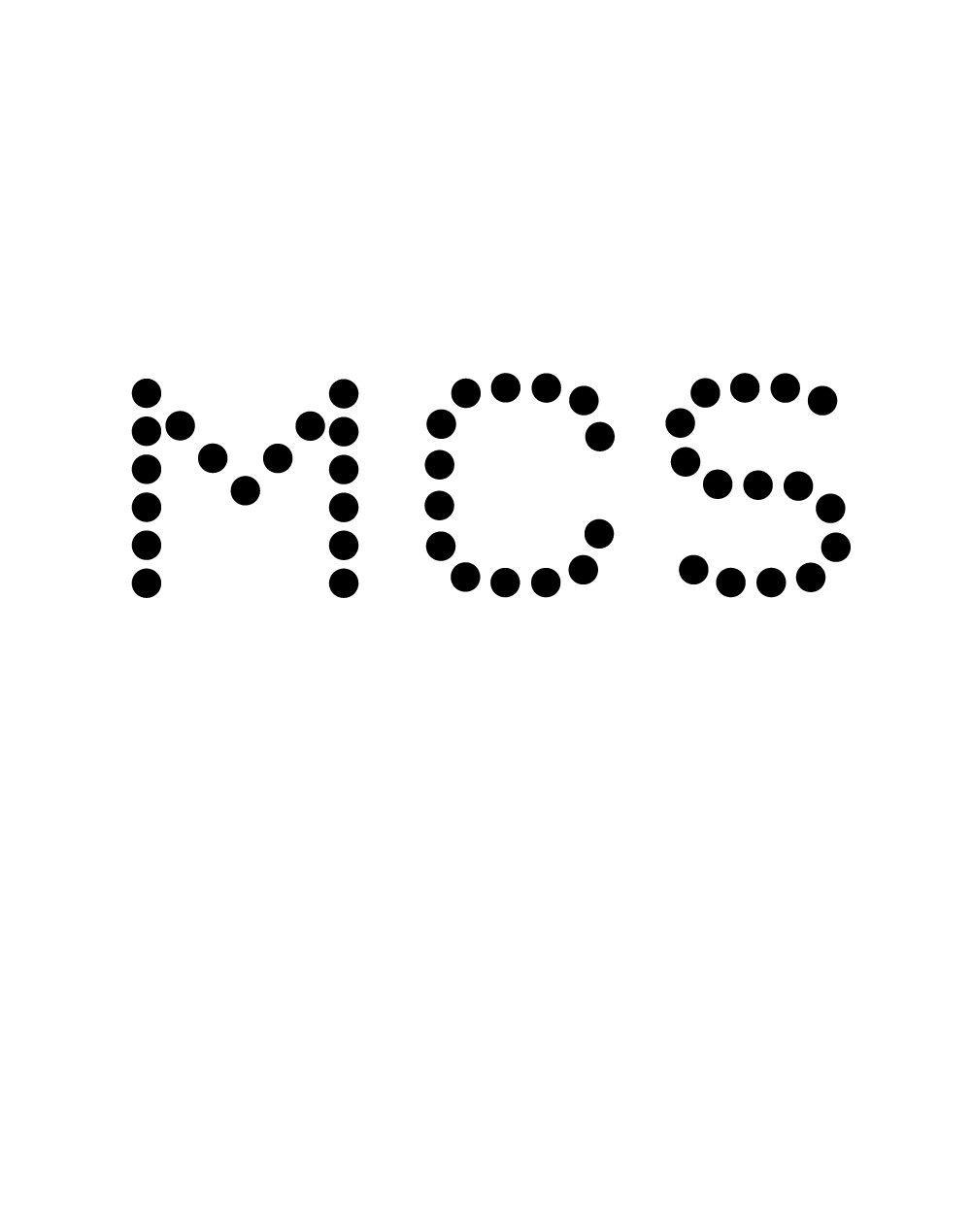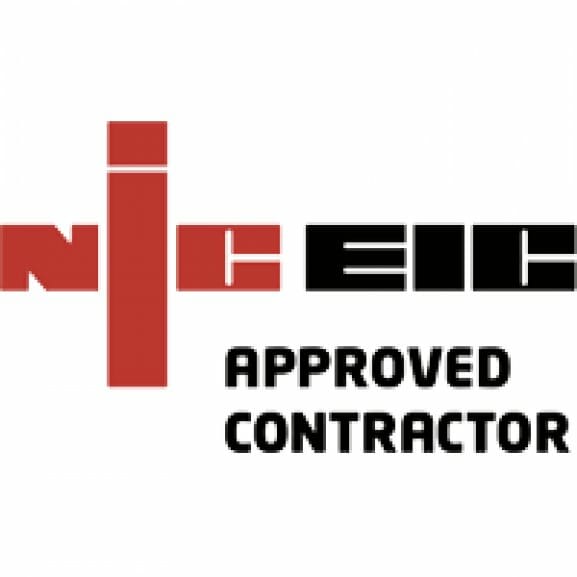The government’s new plans to implement a Smart Export Guarantee for solar panel owners from 1st January 2020 could represent a significant step towards creating a cleaner, greener future.
Unlike the previous Feed-In Tariff, the Smart Export Guarantee will see solar panel owners being paid a new rate for their surplus energy exports, based on how valuable it is at that time of day.
It’s hoped that this initiative will create a competitive marketplace for exporting solar energy, but the National Grid and the District Network Operators have yet to develop models around how this market could work.
There will invariably be opportunities for homeowners with solar panels and a battery to sell energy at the most advantageous rates, to be used during the most beneficial times of day.
However, we may also see the emergence of more complex models where the homeowner effectively leases the panels until they’re paid off, or the energy company installs and owns the panels and sells the energy produced from them to the home or building occupier.
It’s similar to the model we see with phones; people will rarely spend £1,000 on the latest iPhone, but they’ll happily spend £30 a month leasing it.
Just as the way we currently use data, where we can easily buy, store and move data around, the energy market could – and should – adopt the same model, where we’re able to buy unlimited energy on a particular rate.
This model could be very successful, providing the energy companies ensure that energy is used and moved around in the most efficient way.






